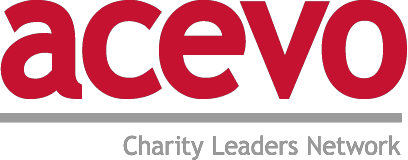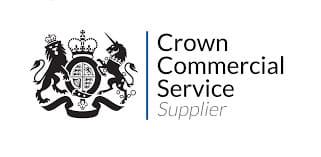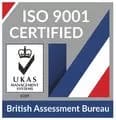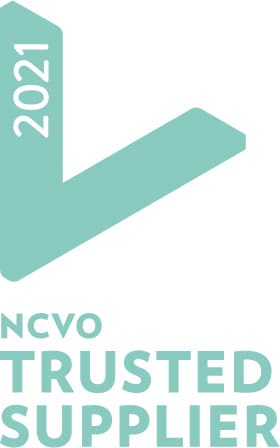This year the average charity CEO will spend three months working for no pay

For the first time since ACEVO launched its annual Pay and Equalities Survey, CEOs were asked how many extra hours they typically worked per week. The survey found that CEOs work on average 10 additional hours each week, equivalent to almost one and a half days over the standard five. This means that this year, the average charity CEO will spend three months working for no pay.
A lot of attention is paid to the salaries of the CEOs of the largest 100 charities by income, but this is the only survey looking at the pay, benefits and diversity of CEOs running charities of all sizes across the UK. One third of respondents to the Pay and Equalities Survey had an income of under £500,000 and a further 19% had an income of between £500,000 and £1 million. The survey found that the average salary has increased slightly from £50,000 in 2017 to £52,000 in 2018. This is still well below a high of £60,000 in 2013.
Over a third of charity CEOs (35%) have no regular appraisal. This improves as the organisation size grows, with only 16% of large charities (>15m) but 44% of small charity CEOs (<1m) having no appraisal. However, 68% of small charities (<1m) offer flexible working compared to only 46% of charities with an income of over 15m.
For the third year running the number of female respondents increased. This year 63% of respondents were female and 36% male. There is however still a gender pay gap of 13.8%. It is not possible to identify a reason for this but cumulatively slightly more male CEOs in large charities, in older age brackets and with post-graduate qualifications may be having an effect.
Though there was a small increase in BAME respondents from last year (6% up from 3%) it is still too low, especially considering one quarter of respondents were based in London which has a higher percentage of BAME residents than the country as a whole. The number of disabled CEOs was also under representative meaning that while the number of female CEOs increased, the data indicates this is broadly limited to white, non-disabled women.
While governance processes and inclusion must be improved in the sector, it was positive that 89% of respondents said they would be likely to recommend a career in the third sector.
Vicky Browning, CEO of ACEVO said: “Most CEOs in our sector see leading their organisations as a privilege. Long hours are often accepted as a symptom of limited resources facing unlimited demand. But working an extra one and a half days over the standard five can seriously impact wellbeing and even lead to burnout. Trustees need to take seriously their duty of care to chief executives as well as the organisations and beneficiaries they serve.”
She added: “It is positive to see the percentage of female CEOs better reflect the voluntary sector workforce. But as in previous years the percentage of female and male BAME CEOs is too low, as is the number of disabled CEOs. The Pay and Equalities survey shows us that more needs to be done ensure all charities are supportive and inclusive workplaces that enable CEOs and staff to thrive and better meet their charitable mission.”
Melissa Baxter, director of executive search at Russam GMS said: We are once again delighted to be supporting ACEVO and the sector with the sponsorship of this survey. As always it reveals insights that should serve as a call to action and we hope that the data will be used in a positive way to strengthen our sector.
For more information please contact Kristiana Wrixon, head of policy, ACEVO on 07904 727202

Contact us
Call us on 0207 099 2222 or email HQ@russam.co.uk








